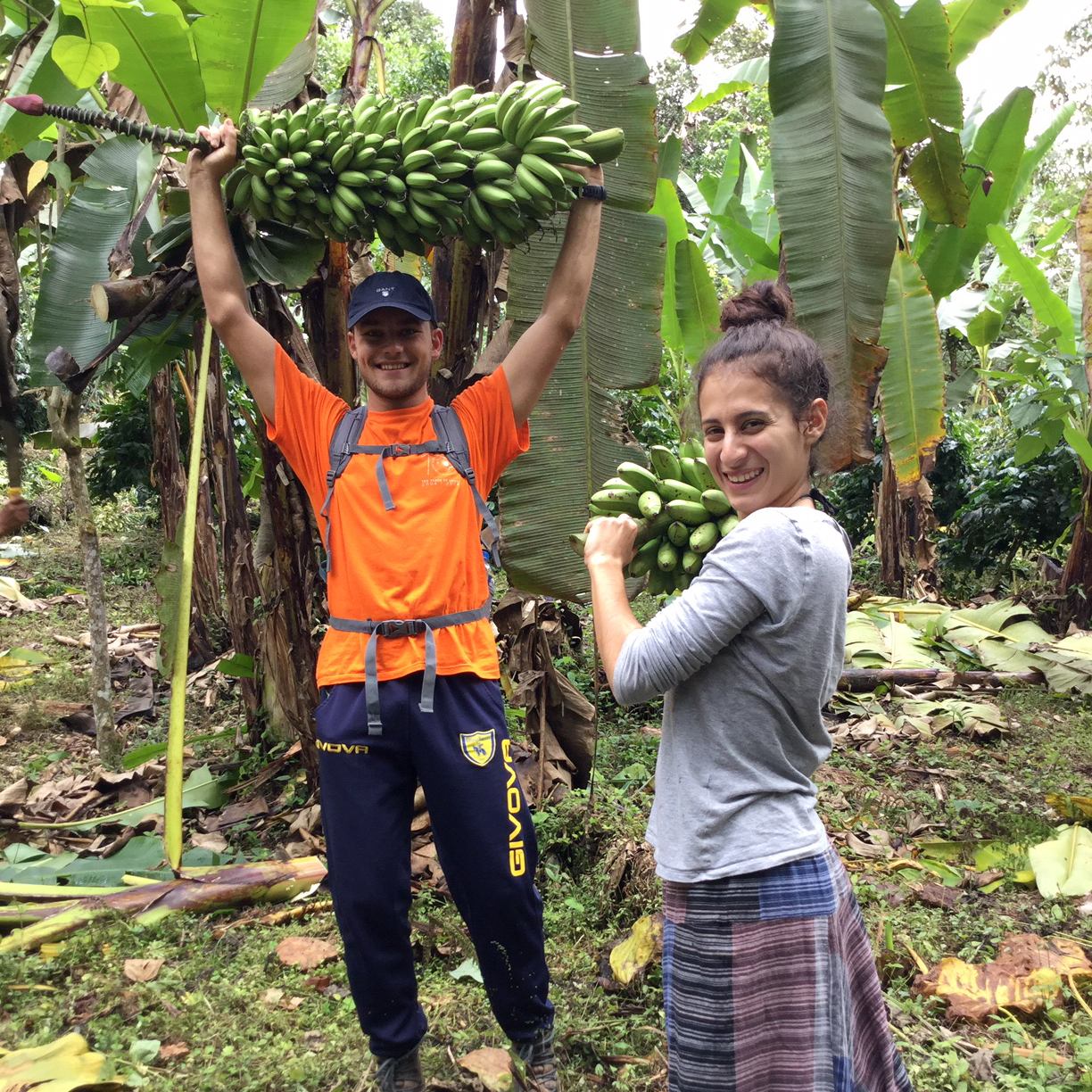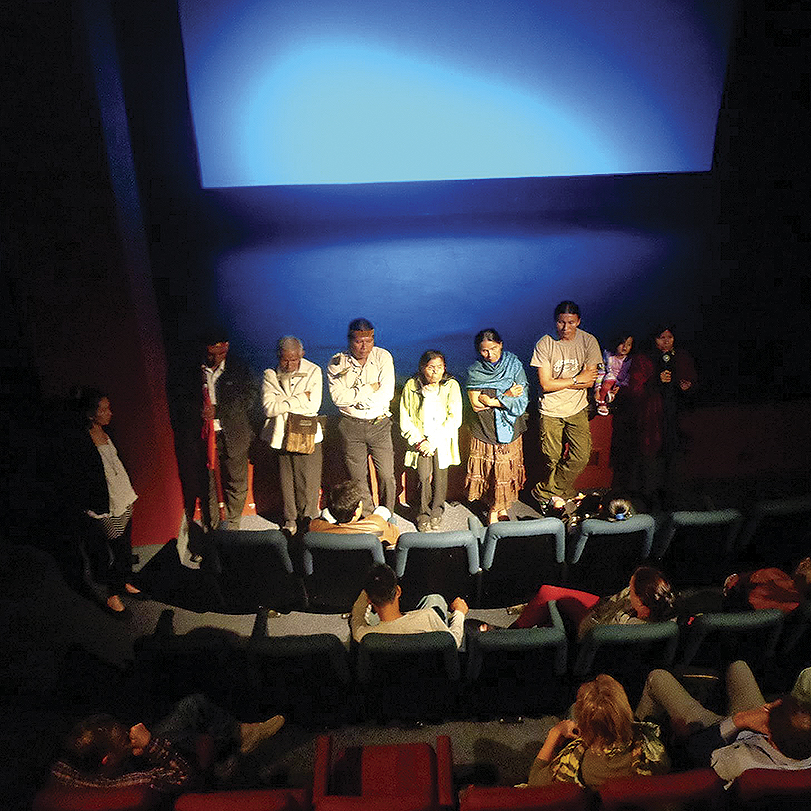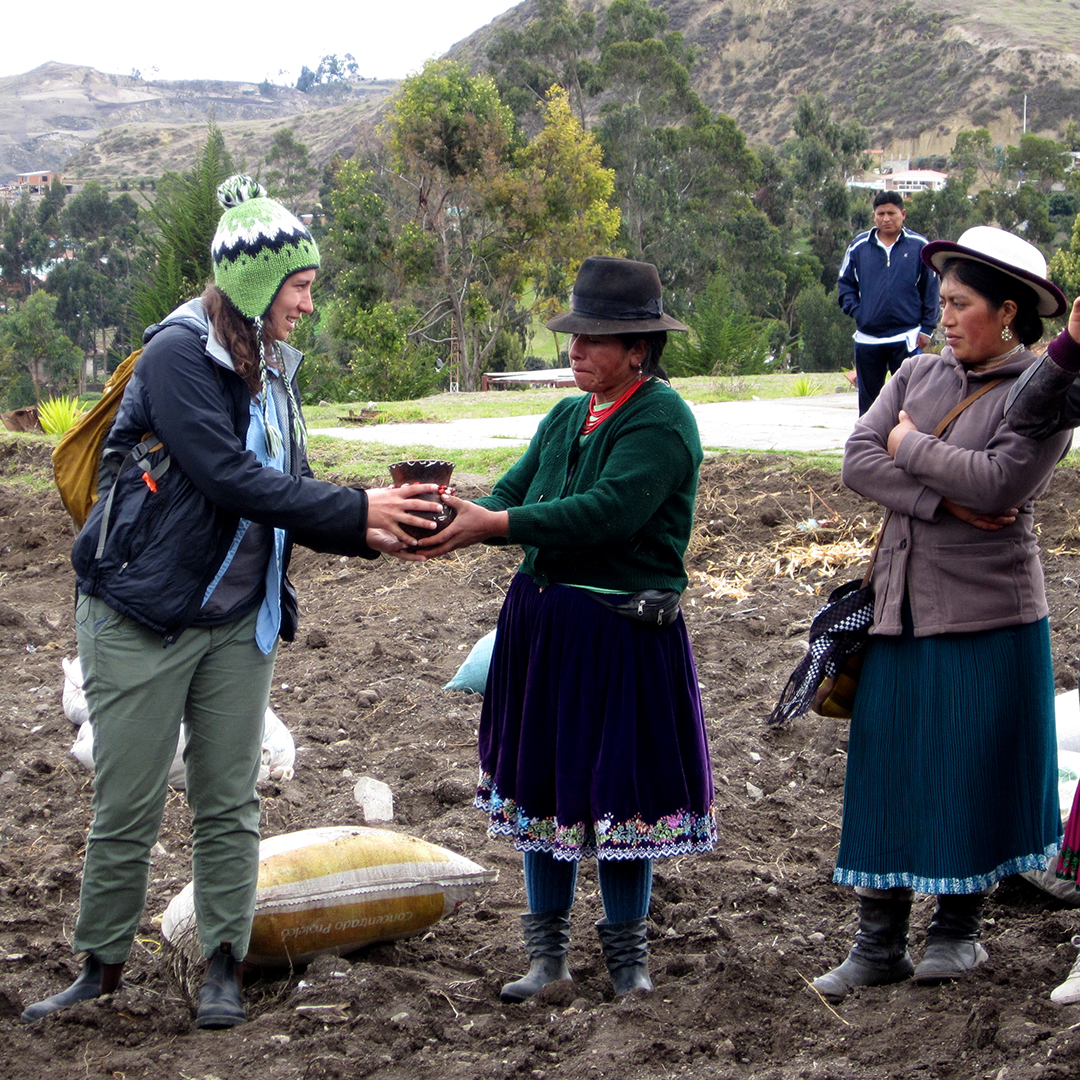



Food, a vital human element, is an individual and unrepeatable sensorial experience as it is ingested. Food is also a bridge with our surroundings, since the processes of obtaining, preparing, distributing and consuming food generate a wide system of – social, economical, cultural and natural – relations that have an influence on the wellbeing of people as well as of ecosystems.
Currently, what happens in the countryside is a reality almost always foreign to urban rhythms and concerns. The already reduced sources of information about what we consume are overshadowed by millionaire advertisements for products that are not necessarily foodstuffs and from distant sources. We all, food consumers, have the right to know what and under what conditions our daily food is made. Taste and pleasure for food is sometimes mistakenly considered as exclusive to those who “can” afford such hedonistic luxuries. It is not. It is an aesthetic right given by our human nature. However, it is intelligent to exercise it with responsibility, since our daily food choices make us accomplices of the processes food go through before reaching our table.

It is a program focused on strengthening our relationship with food and becoming aware of its importance in our lives. It seeks the generation and moderation of spaces and actions to activate our senses; to bring closer the realities and processes of production and consumption; recognize and value the wealth of our food heritage; inspire (us) to take action regarding our food attitudes and decisions.
These are some of the Pupilas Gustativas projects:
Learn more
Films, specially documentary films, have the virtue of leaving viewers reflections and transcendent questions, in this case, about food. Films, together with the wide range of activities that the subject on food allows, favor the exchange of knowledge and awareness of the various issues at the local and global level.
In 2016, we carried out screenings followed by talks and a shared meal -or pamba mesa in the Andean tradition- in the Floresta neighborhood, in Quito, which was in the process of strengthening its relationships and local economies. A fundamental actor that was missing was involved in this process, the local market, carrying out activities in the same market, and thus supporting and celebrating cultural diversity and the right to work that the neighborhood was looking for.
In 2017, we organized the screening and talk of the documentary film “Food: Connections Across Borders”, by Buddy Terry at the Flacso Cine in Quito. This film was the result of the second edition of the program “Intercultural Learning Community on Food, Culture and Social Justice” organized by Joan Gross, Anthropologist and food activist, from Oregon State University. Watch the trailer

Since 2012 we organize visits to Ecuador of educational programs or communities that seek an approach to the territory through the agro-food and gastronomic realities of the country. In this sense, we collaborate with numerous national and international actors, both in the public and private sectors, among institutions, organizations, companies, and academia.
Contac us